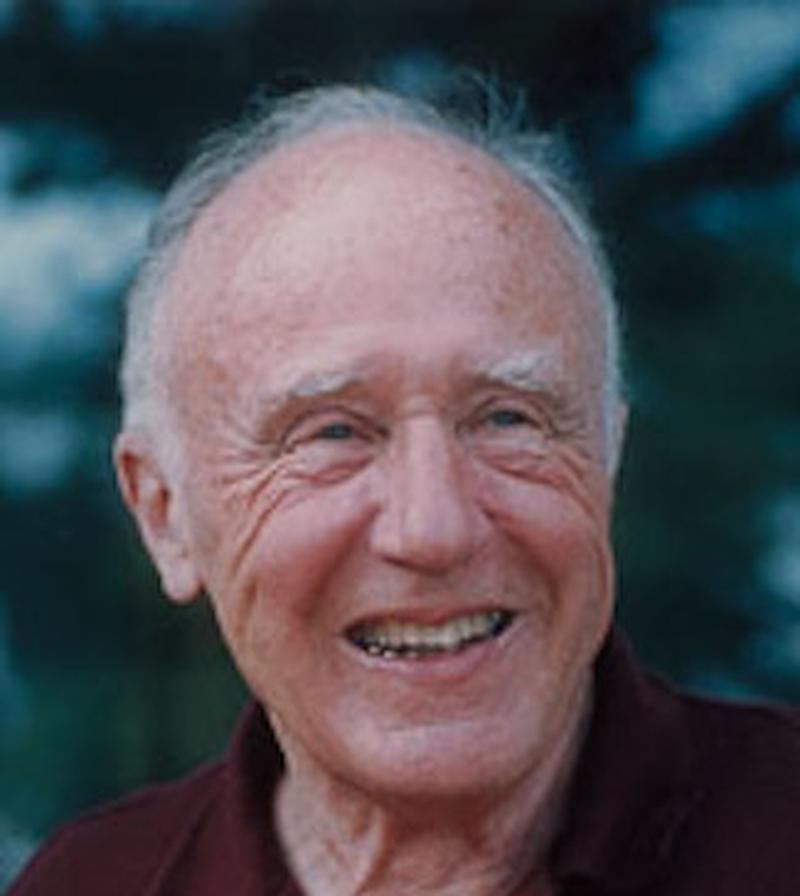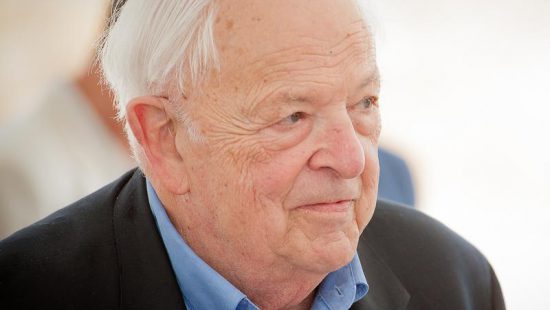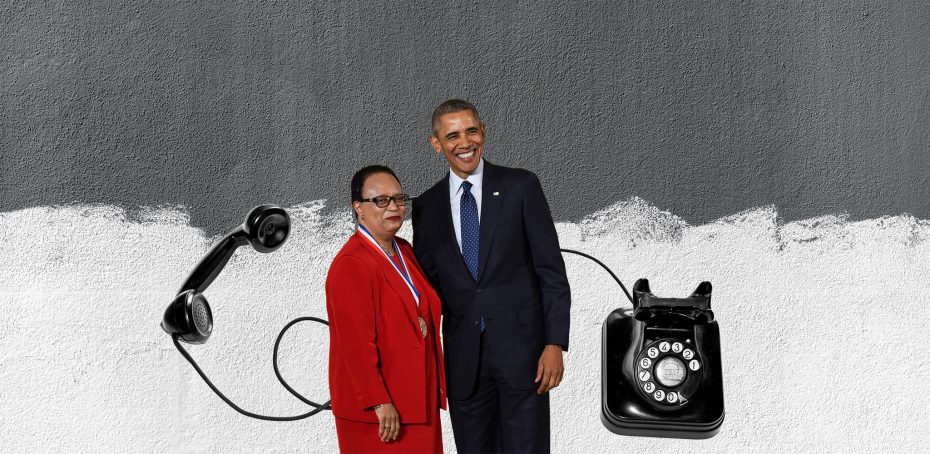Like many great geniuses, John A. Wheeler struggled with absent-mindedness. In 1953, on an overnight train trip to Washington, D.C., Wheeler, a scientist with the Manhattan Project, lost a highly classified document detailing the hydrogen bomb’s design.
The paper was never recovered, but Wheeler’s career managed to stay intact – despite a scolding from President Dwight D. Eisenhower.
Wheeler helped invent nuclear fission – the process of splitting a large nucleus, the center of an atom, releasing energy.
He is best known, however, for coining the term “black hole” to describe an area of gravitational collapse often caused by dying stars.
“It teaches us that space can be crumped up like a piece of paper into an infinitesimal dot, that time can be extinguished like a blown-out flame, and that the laws of physics that we regard as ‘sacred,’ as immutable, are anything but,” he wrote in his 1999 autobiography.







